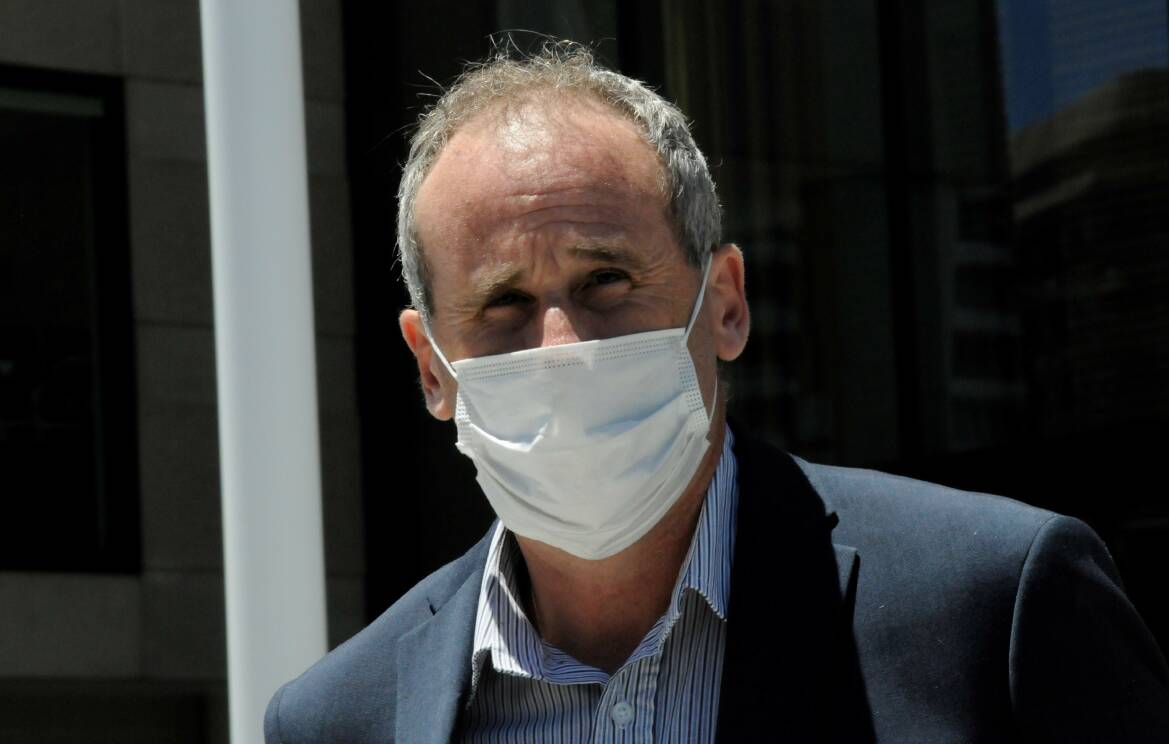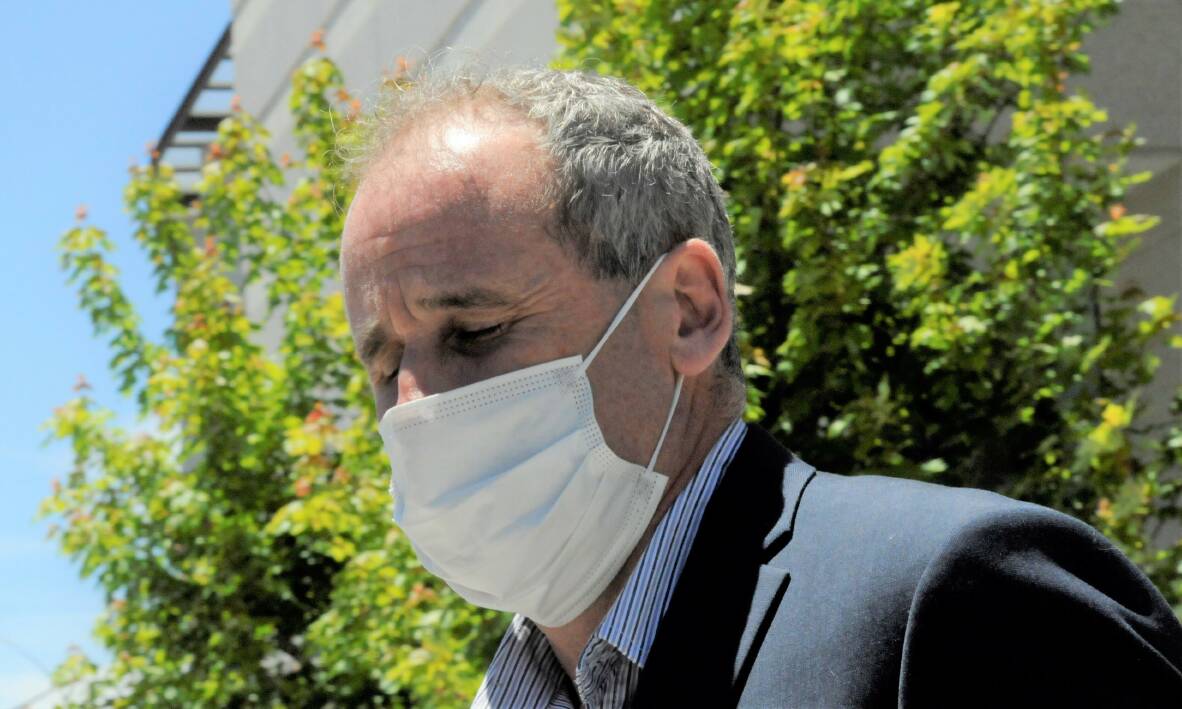
A prosecutor has accepted some "judicial copying" occurred before a judge handed a paedophile coach a 20-year jail sentence.
"To put it bluntly, we say: 'So what?'," prosecutor Katie McCann told three judges on Tuesday in the ACT Court of Appeal.
"The very fact of copying is not the conclusion of inadequacy as to invoke error."
Lawyers for Stephen James Porter, 52, first made the copying claim in April, when they filed submissions as part of their bid to reduce the man's prison term, which includes a 12-and-a-half-year non-parole period.
Justice Chrissa Loukas-Karlsson imposed the sentence in the ACT Supreme Court after Porter pleaded guilty to four child sex charges.
The most serious of Porter's crimes, which occurred between 2015 and 2018, involved the sustained sexual abuse of a boy he met while coaching junior Australian rules players at the Ainslie Football Club.
In a disputed facts hearing now at the centre of the offender's appeal, Justice Loukas-Karlsson heard differing claims about the number of occasions on which Porter sexually exploited the boy.

The judge ruled in favour of the victim, who said the number of occasions was between 35 and 45, as opposed to Porter's account of about 14 or 15 times.
Porter has alleged Justice Loukas-Karlsson incorporated or copied portions of the prosecution's submissions into her decisions without attribution, giving inadequate reasons with respect to her findings.
"This is such a strong alignment of the judge with the prosecution," Porter's appeal barrister, Tim Game SC, said on Tuesday.
"How could [Porter] have any confidence the judge was actually reasoning about the case herself?"
In her submissions, arguing the appeal should be dismissed, Ms McCann said the prosecution accepted that some judicial copying occurred during the factual dispute.
The prosecutor accepted the criticism but said the appeal court's intervention was not warranted, considering Justice Loukas-Karlsson's decision was "clearly understandable".
"There is a danger here in taking a step backwards and saying her honour didn't bring any independent mind into this," she said.
Ms McCann argued, through written submissions, that the adequacy of the judge's reasons could not be determined solely by looking at the extent of the copying.
She also said Justice Loukas-Karlsson's judgement addressed submissions made by Porter's counsel "at length".
"Some aspects of the submissions were accepted," Ms McCann said.
"Significant portions of the appellant's counsel's submissions were rejected, including on the basis that they did not accurately reflect the evidence.
"Notwithstanding extensive copying, with or without attribution, it cannot be said [Justice Loukas-Karlsson's] reasons were inadequate."
Ms McCann submitted that neither the appeal court nor the offender were left to speculate as to why the critical findings were made.
If the appeal judges find Justice Loukas-Karlsson's reasoning for the disputed facts decision was inadequate, Porter has asked them to remit the matter to the Supreme Court.
Porter has also raised other grounds of appeal, which, if upheld, would result in re-sentencing.
Justice David Mossop, Justice Belinda Baker and Justice Robert Bromwich will rule on the appeal at a later date.
-
Support is available for those who may be distressed. Phone Lifeline 13 11 14; Kids Helpline 1800 551 800; beyondblue 1300 224 636.







